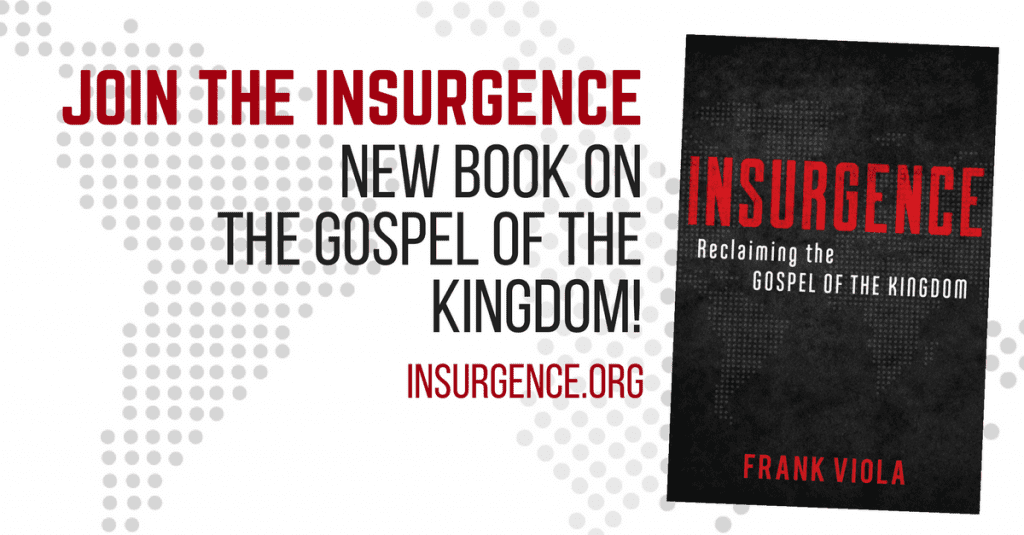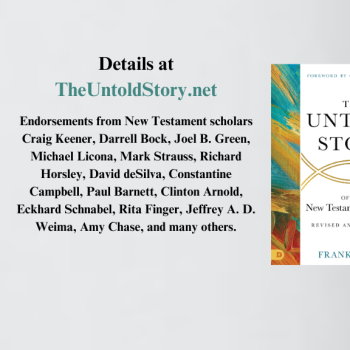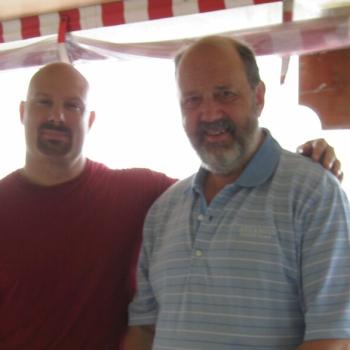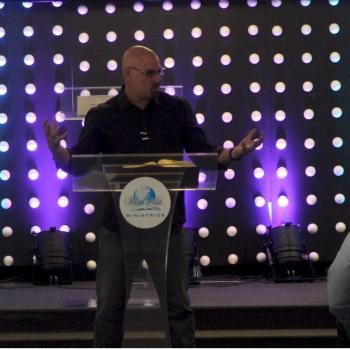Today I’m reviewing Caesar Kalinowski’s book Transformed.
Caesar wrote the book to try to awaken the hearts of people to their true identity and birthright as Christians.
His premise is that the Christian has been instantly transformed and given a new identity. So what is their new identity?
According to Kalinowski, they have been part of a family of “missionary servants,” sent to serve the world and make disciples of Jesus.
Kalinowski tells stories of people fleshing the above out in real life.
Transformed points out that Christians — genuine ones, that is — are already pleasing to God and completely accepted because of Jesus.
The book is written well and packed with inspiring stories.
The author used to serve as the missions pastor at a large traditional church. His visit to churches in third-world countries caused him to rethink how the gospel should be presented. He saw how Christians suffered for their faith and had few if any material possessions, but they were more joyful than most Western Christians.
That experience helped shape the ideas in the book.
I think Transformed is an inspiring book for Christians who have grown lazy, who have no heart for the lost, and who never reach out to people who don’t know Christ in love or service.
So I wouldn’t hesitate to give it to a navel-gazing believer or a Christian who is content just going to church services and living their own life for themselves.
I’m going to shift gears now and talk a little about my own burden on the topic of transformation, mission, and discipleship.
As I pointed out in my free eBook, Discipleship in Crisis, the modern idea of disciple-making is one that I believe is in need of serious examination and major reassessment.
Transformation into Christ’s image takes a life-time and beyond. And it doesn’t work very well outside of face-to-face community. As I described elsewhere, transformation is the journey from clay to precious stone. Humans began as clay in a garden where there was gold, pearl, and precious stone. By the work of the Spirit and the practical application of the cross, the Lord works into His people gold, pearl, and precious stone to be the city of God that we find in the last chapter of Revelation.
Today, there’s a lot of high talk about “community,” but so much of it is abstract. God’s idea of community contains four elements according to Scripture. Very few authors ever talk about all four. But we need all four to fulfill the Missio Dei.
That leads into this issue of God’s Eternal Purpose, the missing ingredient in most missional books today.
The eternal purpose is God’s Grand Mission and Ultimate Intention. And it’s far beyond saving souls, making the world a better place, and/or making individual disciples.
As I’ve demonstrated often, Adam didn’t come into this world in need of any of these things, and yet God had a purpose — an eternal purpose — for him and the human race. And God has never let go of it. Again, this is a missing theme in popular evangelicalism.
If we talk about discipleship and never mention living by the indwelling life of Christ, we’ve missed what discipleship is all about.
On these notes, DeVern Fromke’s three classics on God’s eternal purpose and spiritual transformation are must-reads for anyone interested in going deeper on the subjects of mission, transformation, and discipleship.
Ultimate Intention
Unto Full Stature
Life’s Ultimate Privilege
These three volumes address profoundly important issues that most contemporary discipleship and missional books never touch.

















